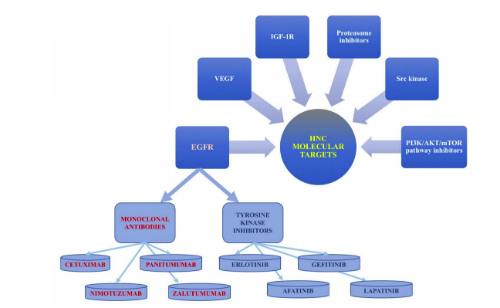
Author information
Loredana G. Marcu1*, 2*
Download
1Faculty of Science, University of Oradea, Romania
2Division of Health Sciences, University of South Australia, SA 5005, Australia
2Division of Health Sciences, University of South Australia, SA 5005, Australia
Abstract
While locoregional control in head and neck cancer has improved over the last few decades because of advances in imaging and treatment technology, five-year survival rates are still poor due to tumour resistance to treatment, recurrence and metastatic spread. There are several known biological parameters that are strongly patient specific and guide tumour response, thus require treatment personalisation in order to further improve tumour control. Better tailored treatments such as molecular targeted therapies are therefore becoming widely implemented into clinics for a large range of malignancies. Head and neck cancers are no exceptions, as several molecular characteristics have been identified that can serve as possible therapeutic targets. The aim of this mini review is to revisit the role of epithelial growth factor receptor in head and neck carcinomas and to underline the current clinical challenges regarding treatment resistance.
(Received 27 November, 2017)









